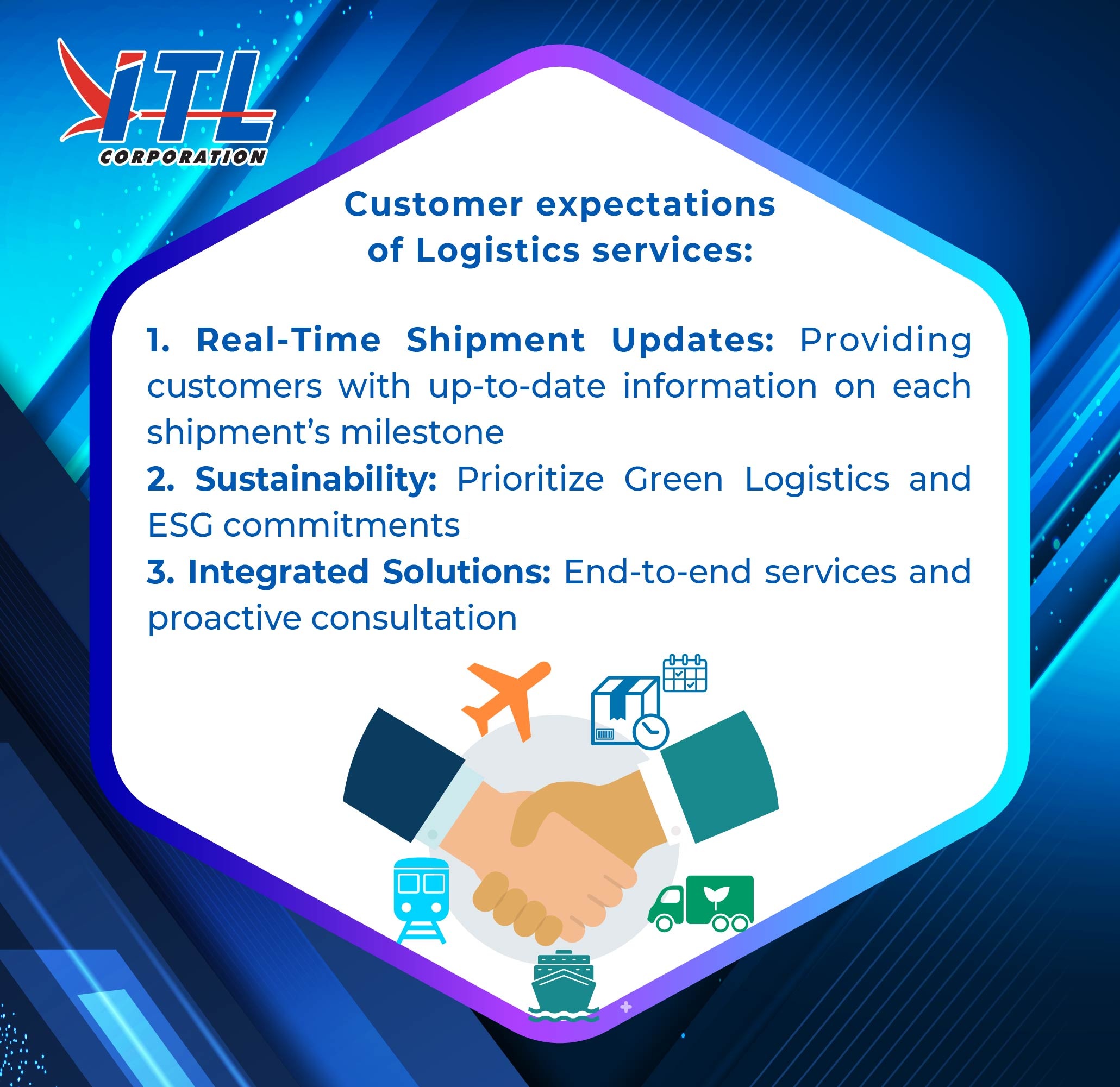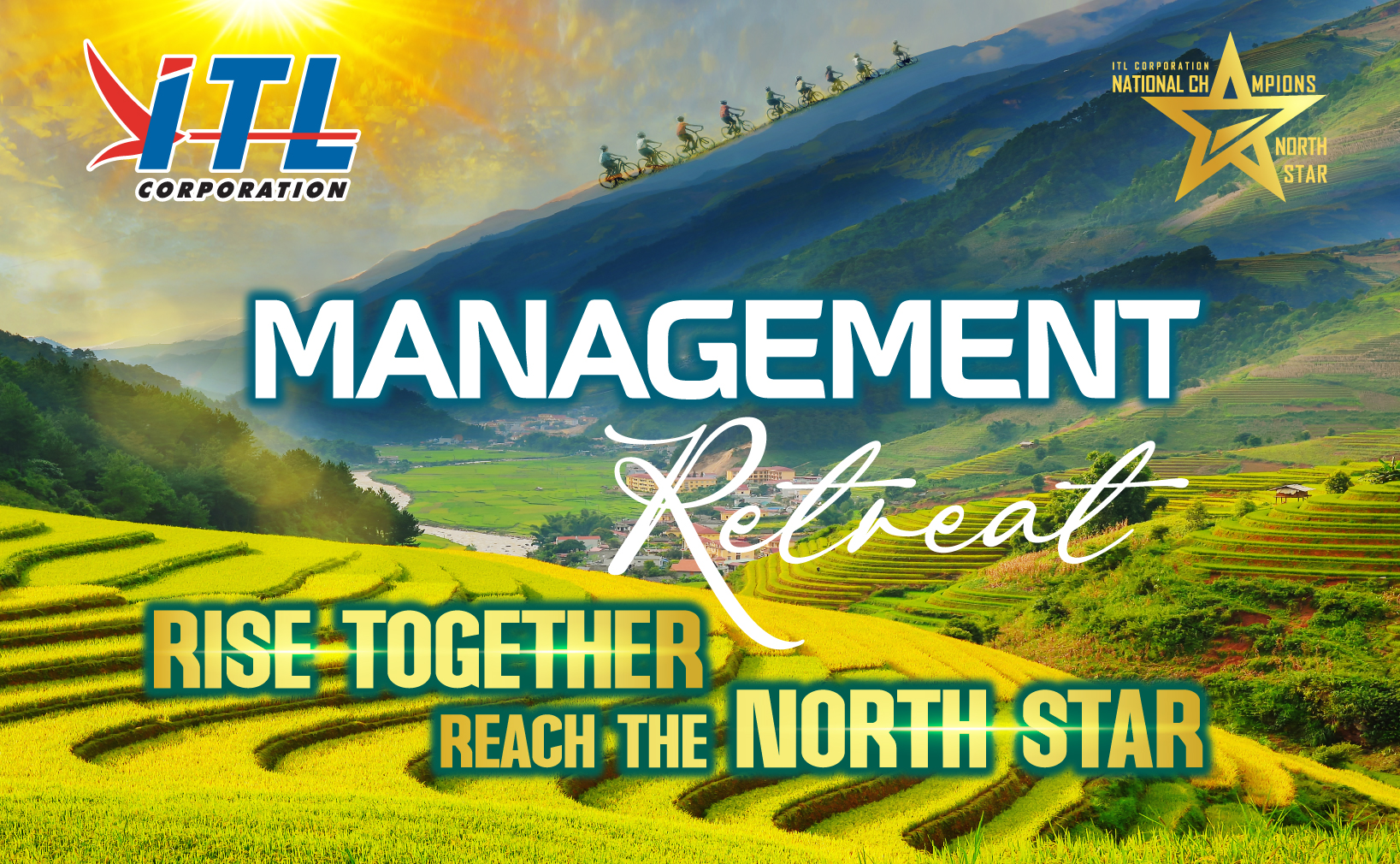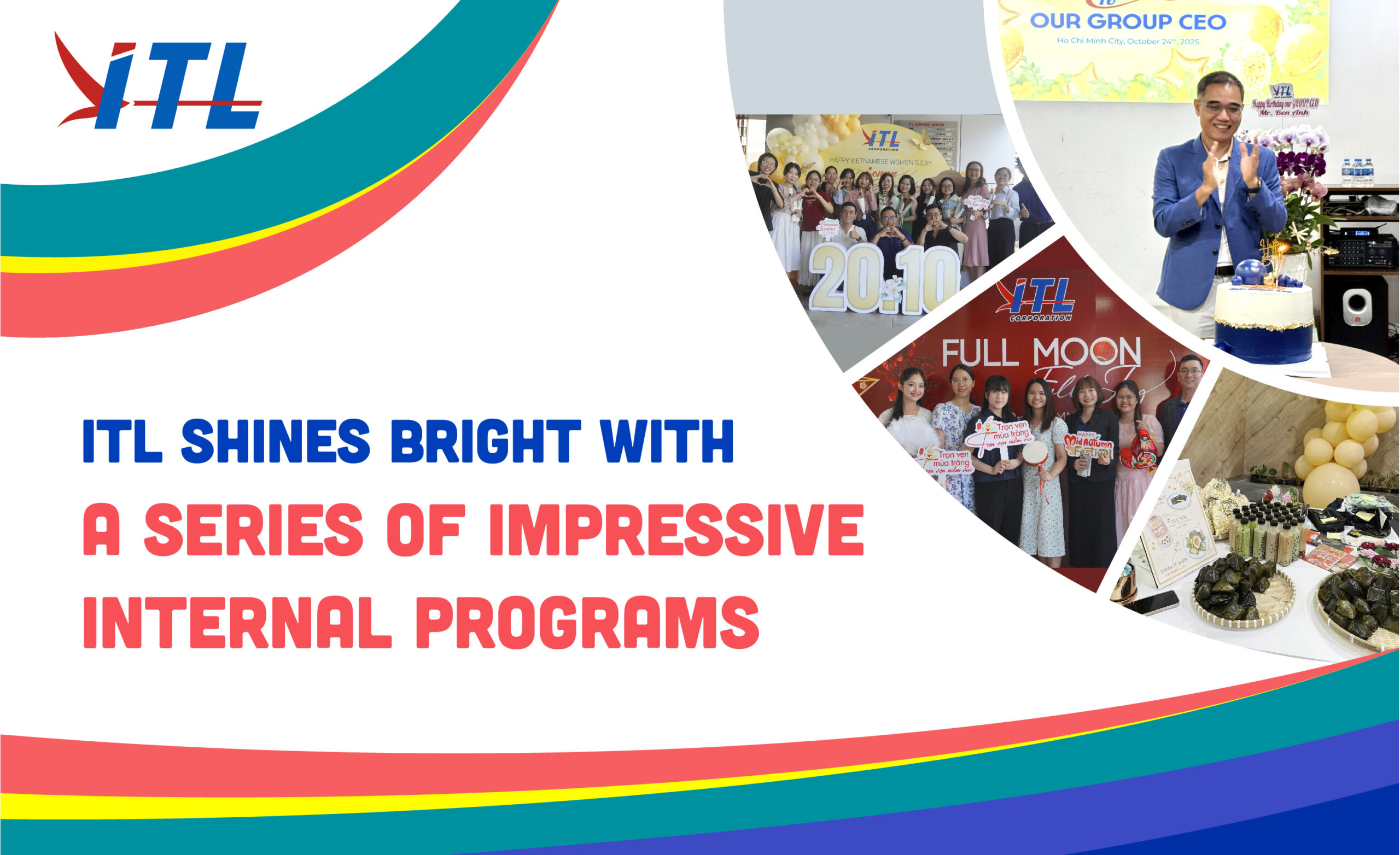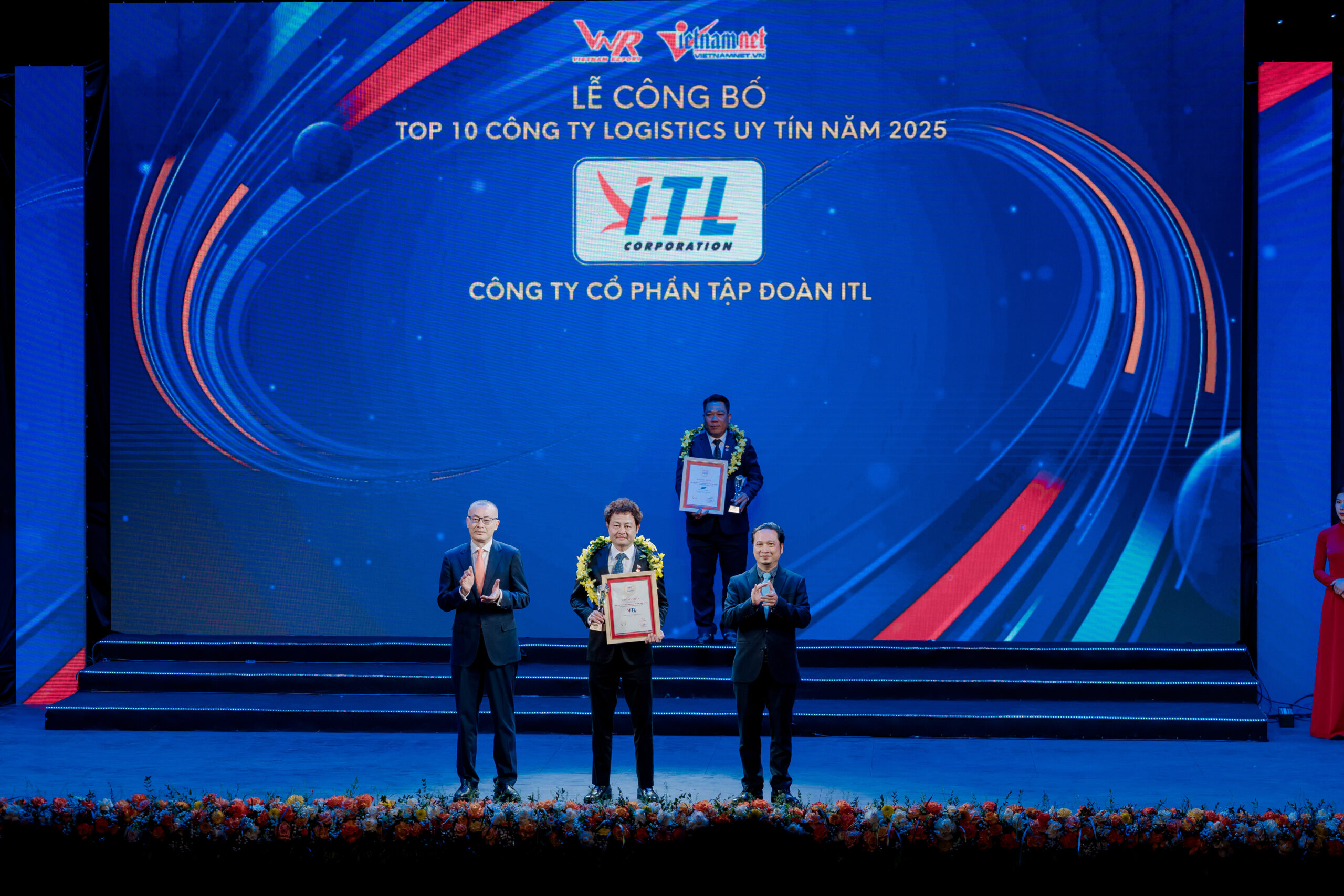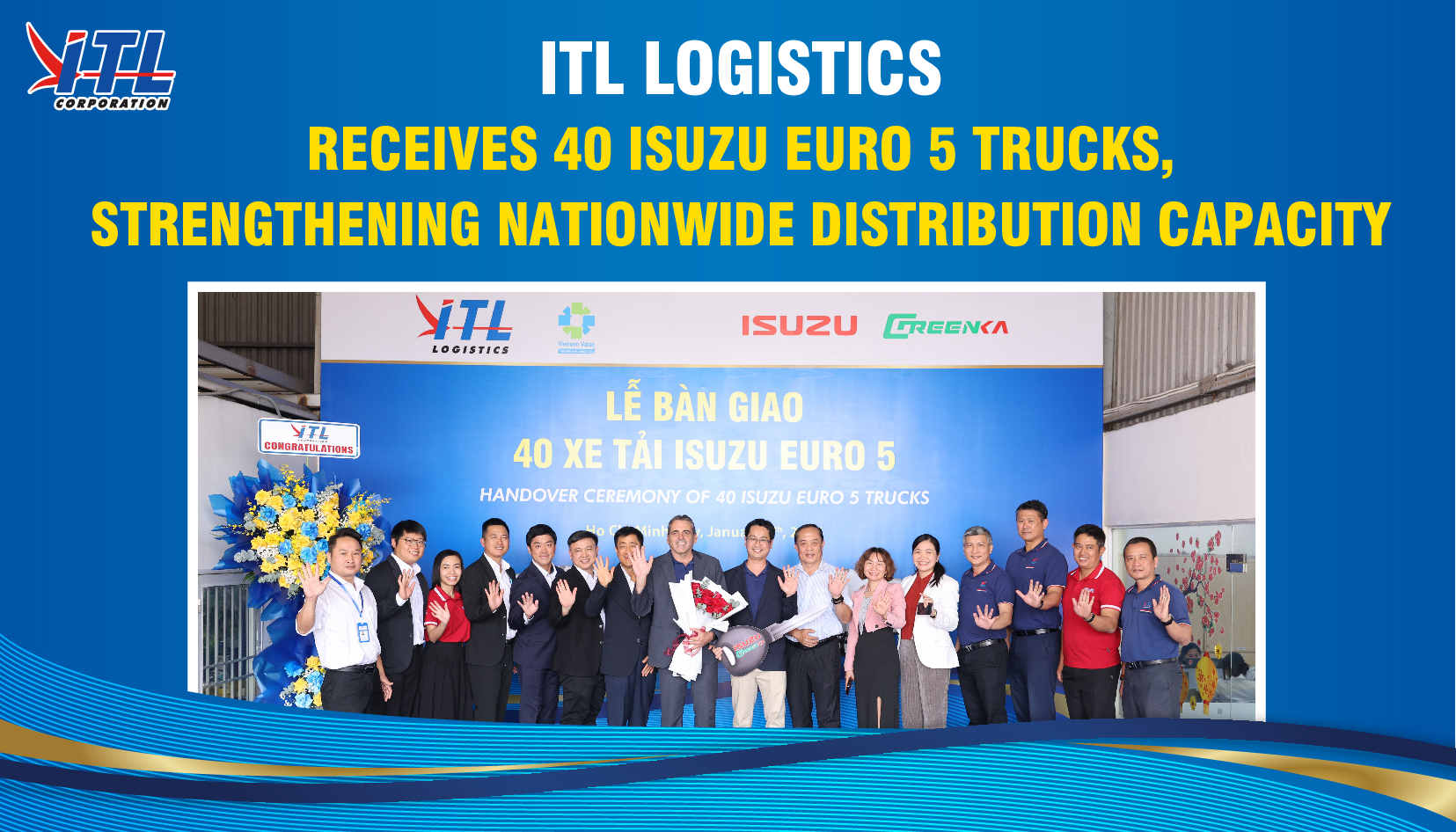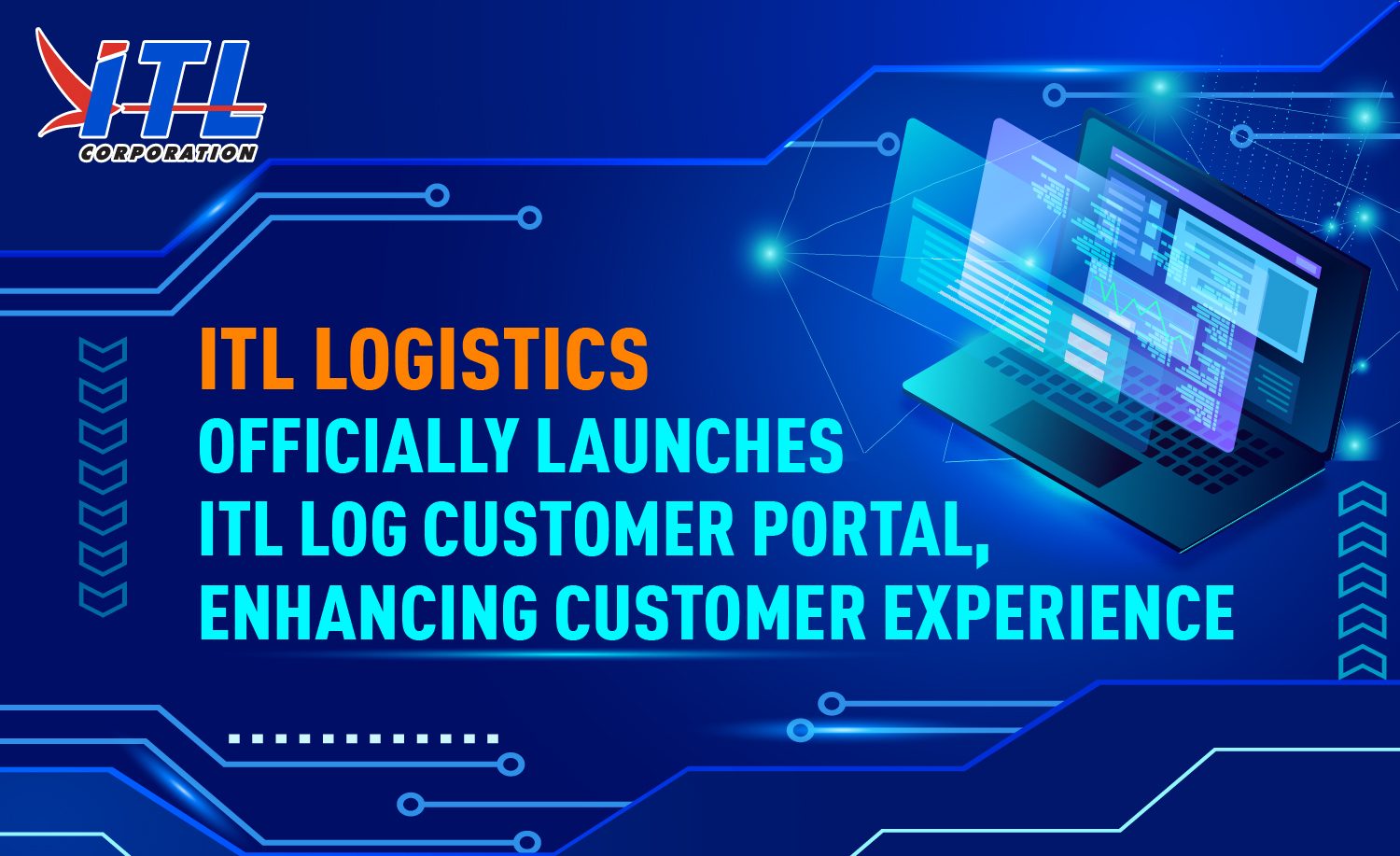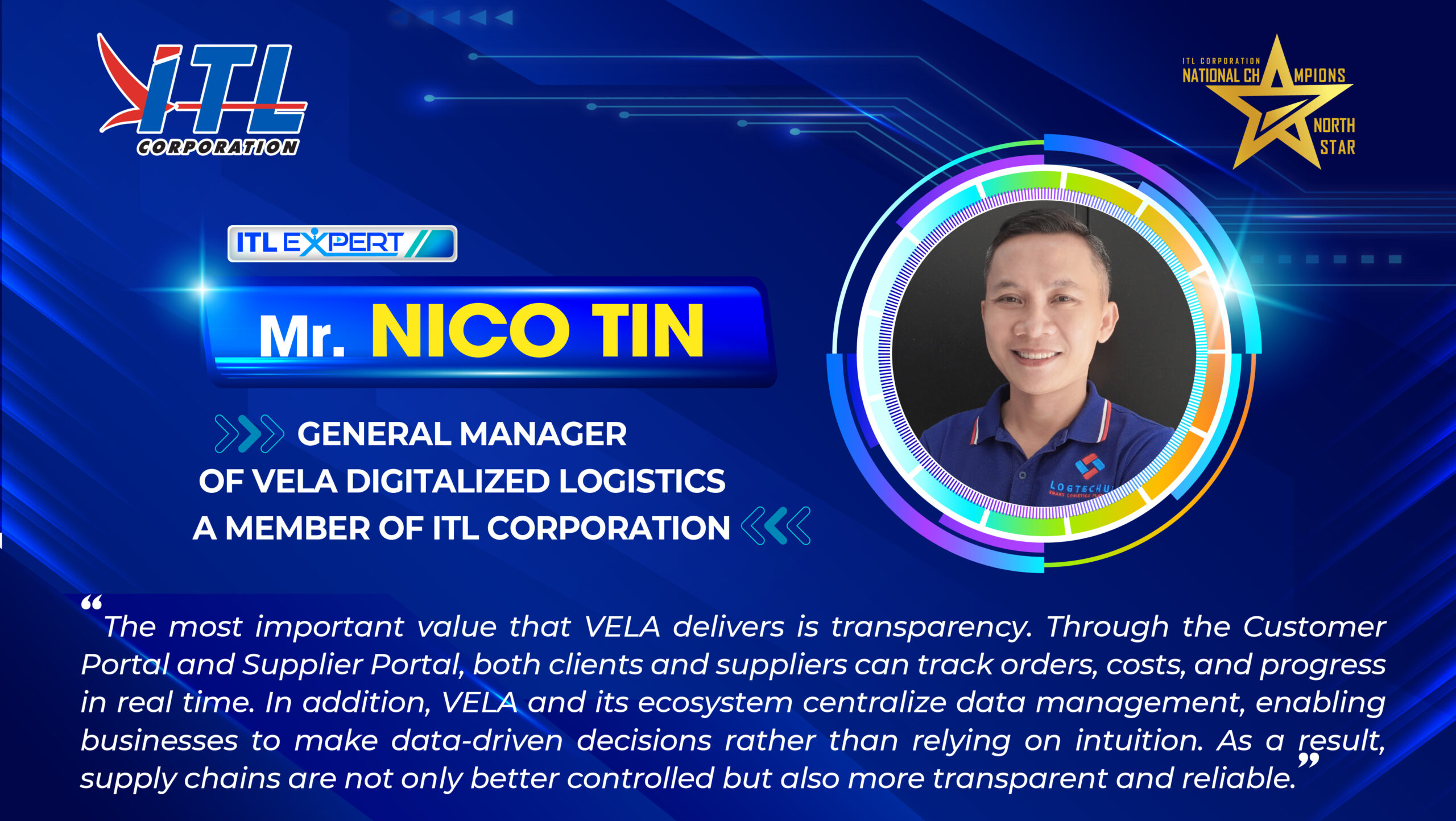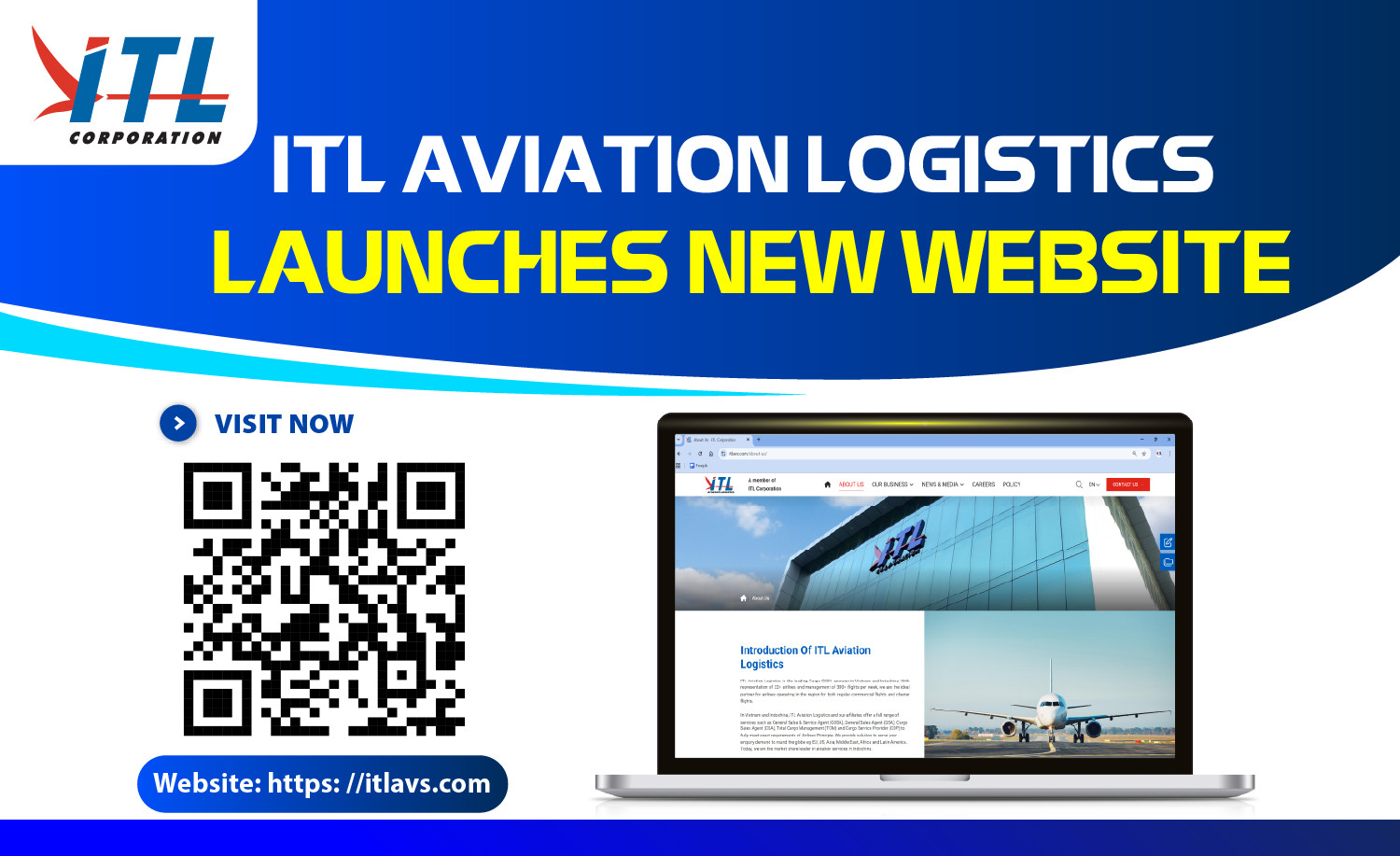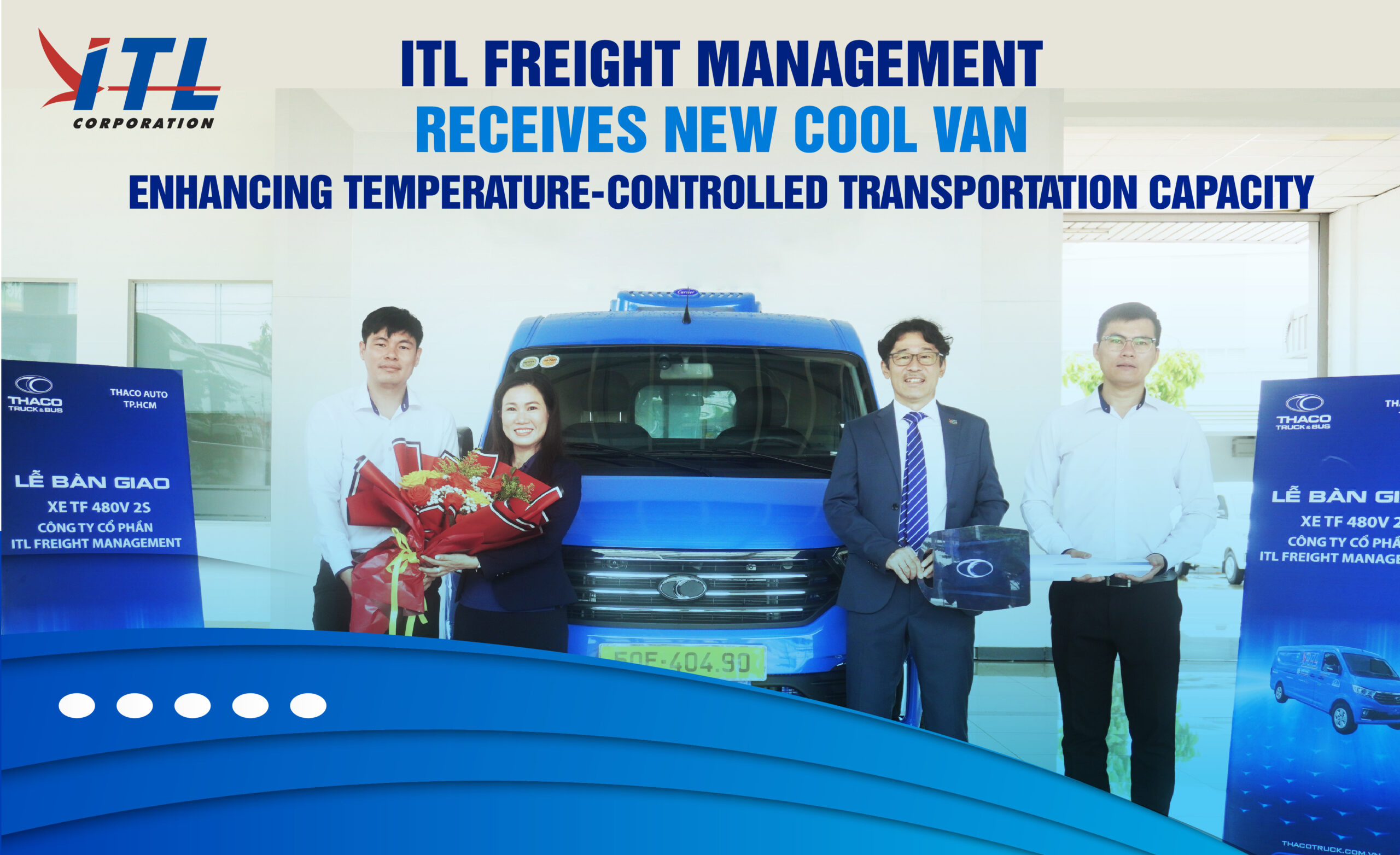[Expert] Ms. STACY OANH | Head Of Products And Services, ITL Freight Management
“At ITL FM, we have proactively invested in eco-friendly transportation fleets, including Euro 5 standard vans, electric vans, and refrigerated vans, to serve key projects such as pharmaceutical transportation (Pharma) and Aircraft On Ground (AOG) deliveries. This not only aligns with market needs but also reinforces our brand commitment”
- In your role as product and service development lead for ITL Freight Management (ITL FM), for you, what are the most prominent freight management trends that will shape the industry in the next 3 to 5 years? Is Vietnam catching up with these trends?
From a professional and practical perspective, I believe there are four major trends in freight management that will significantly impact the industry in the next 3 to 5 years:
The “Chia Plus One” Strategy
Multinational corporations are gradually shifting their supply chains from China to other countries to diversify production, minimize tariff risks, and reduce dependence on a single country. Vietnam, India, Indonesia and Mexico are emerging as the top destinations for these companies.
Comprehensive Digital Transformation
The adoption of automation systems throughout the entire supply chain is a global trend, and the Vietnamese government is actively implementing corresponding plans.
According to a survey conducted by the “Digital Trade in Vietnam” project, 67% of surveyed businesses have adopted comprehensive digital transformation; 50% have connected customers and suppliers through systems such as smart port software (ePort) and other functional applications. Notably, 67% of businesses allocate an annual budget of VND 1–5 billion for digital transformation. The adoption of digital technologies helps reduce costs, enhance operational efficiency, improve customer satisfaction, and drive revenue growth.
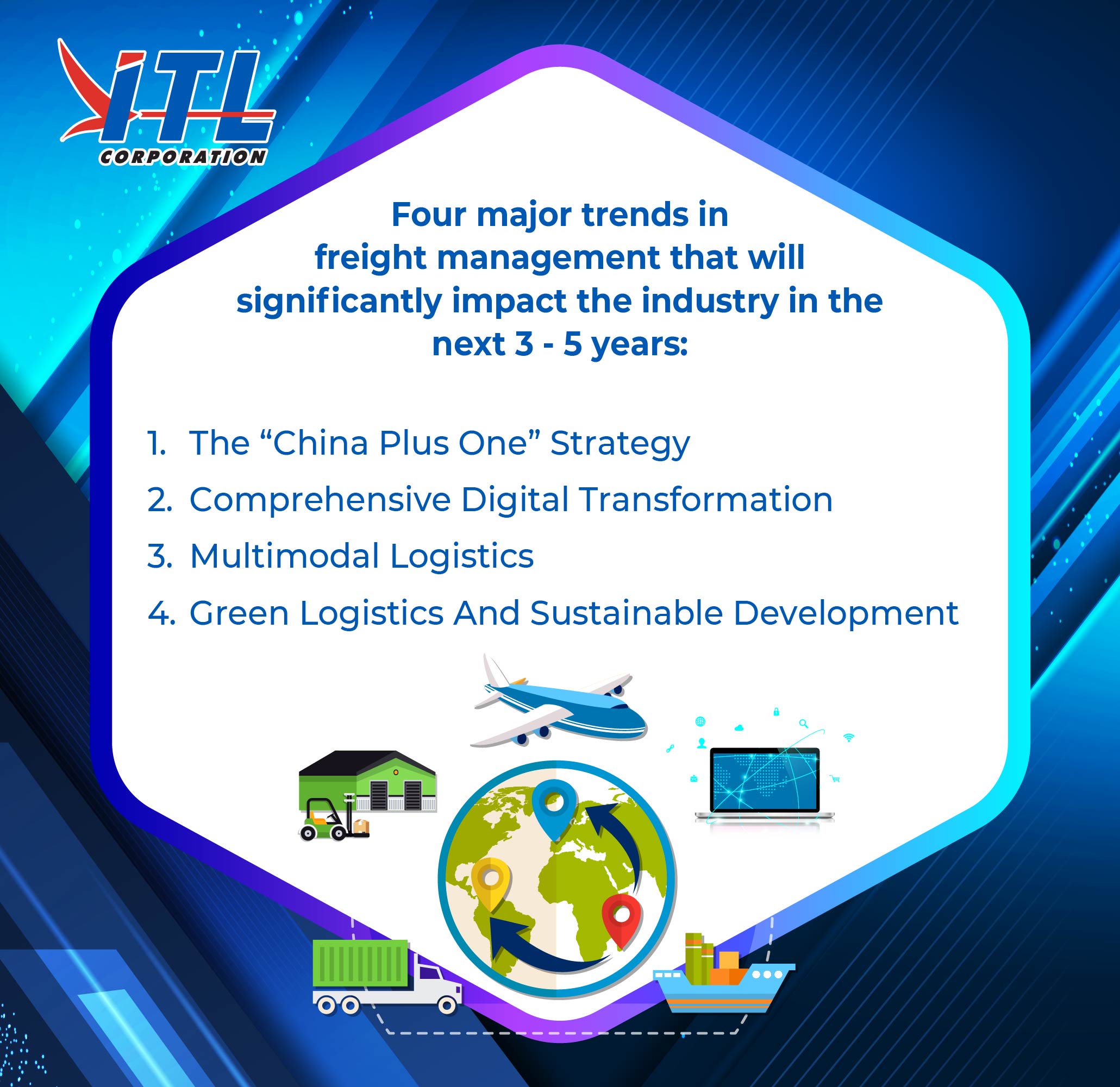
Multimodal Logistics
Another important trend is the flexible combination of multiple transportation modes (sea – rail – road – air) to optimize costs and delivery time. Diversifying transport methods not only reduces reliance on a single mode but also enhances resilience against supply chain disruptions.
Green Logistics and Sustainable Development
The final trend is green Logistics and sustainability. This involves adopting solutions to reduce carbon emissions, using renewable energy, electric vehicles, and optimizing routes to minimize environmental impact—closely aligned with ESG (Environmental – Social – Governance) requirements from global partners and major customers.
Amid these major emerging trends reshaping the global logistics landscape, a key question arises: Is Vietnam keeping pace with these changes? From a practical perspective, I believe Vietnam has made commendable progress in several areas but still faces numerous challenges that require coordinated solutions:
- Chia Plus One Strategy: Vietnam has been actively attracting FDI from major corporations. Many new industrial parks have been developed, driving the expansion of the logistics ecosystem to meet increasing demands from international investors.
- Comprehensive Digital Transformation: Vietnam is showing positive signs of digital adoption. Many Vietnamese businesses, including ITL, are implementing systems such as: WMS, eFMS, eTMS for order management, while port operators are also adopting e-Port systems to shorten transaction times. Additionally, the Vietnamese government has made significant progress in digital transformation, with initiatives like VNeID, public service portals, and one-stop systems to streamline import-export procedures for businesses.
- Multimodal Logistics: While multimodal Logistics is progressing, challenges remain. Vietnam has made major advancements in developing international rail freight routes (e.g., Vietnam–China–Europe) and inland container depots (ICDs). However, interconnectivity between transportation modes is still not seamless or efficient.
- Green Logistics and Sustainable Development: Currently, Vietnam’s commitments to green logistics and sustainability are still vague, and implementation progress is slow. Most green initiatives come from FDI enterprises or large exporters. Vietnam needs stronger policies to support investment in green infrastructure and technologies.
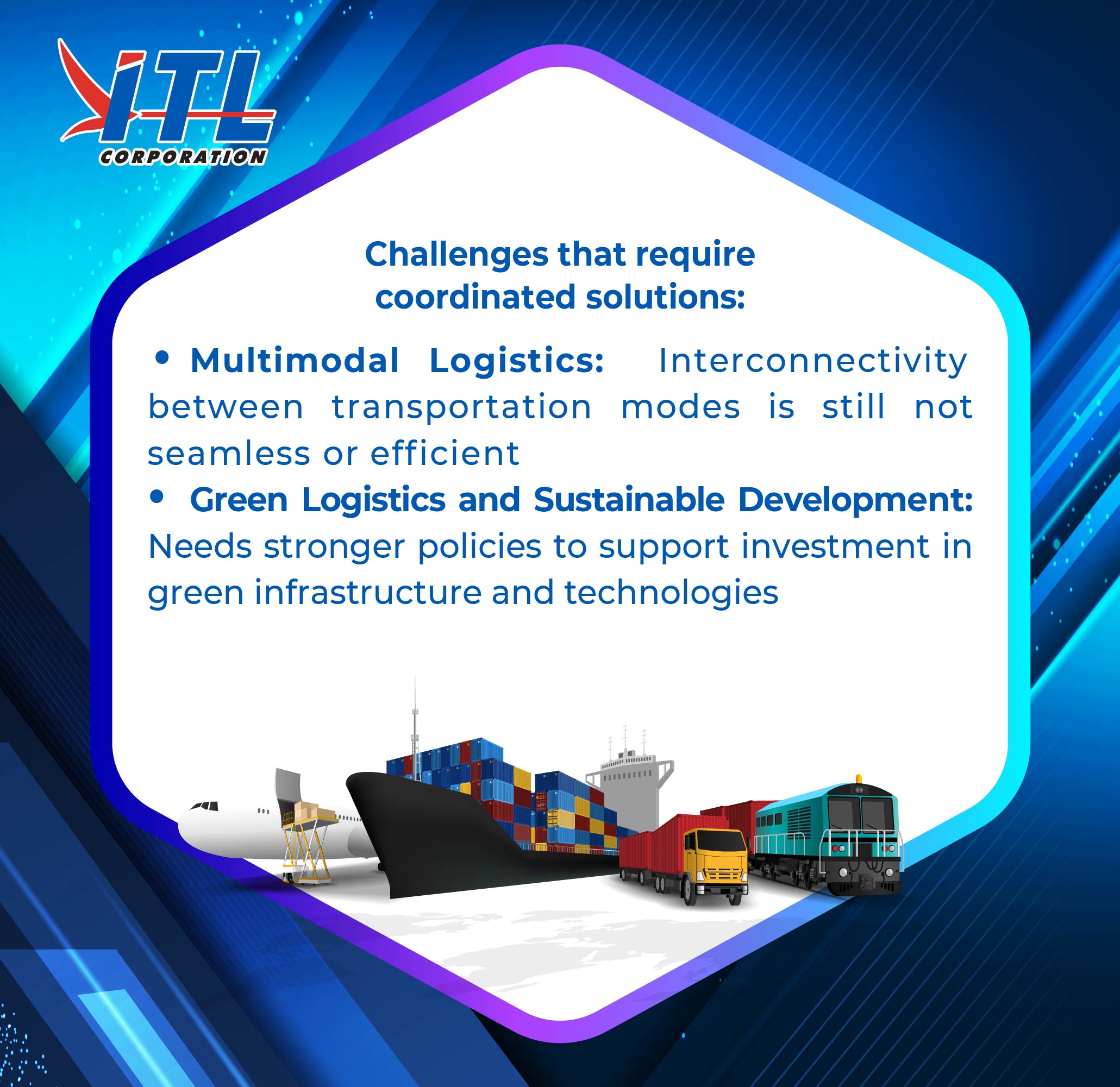
- With many years of experience in the Logistics industry, in your point of view, how do customers’ expectations change for Logistics services today? And how has ITL FM adjusted its product & service strategy to meet to these changes?
I’ve observed that customers today have much higher expectations, especially in three key areas: Transparency, Sustainability and Integrated solutions.
- Real-Time Shipment Updates: Providing customers with up-to-date information on each shipment’s milestone
In order to meet this demand, ITL FM has invested in technology and digital platforms that allow customers to place bookings, track shipments, and make payments actively and online.
- Sustainability: Customers prioritize Green Logistics and ESG commitments:
Environmental and sustainability concerns have shifted from being a trend to a mandatory requirement. At ITL FM, we have proactively invested in eco-friendly transportation fleets, including Euro 5 standard vans, electric vans, and refrigerated vans, to serve key projects such as pharmaceutical transportation (Pharma) and Aircraft On Ground (AOG) deliveries. This not only aligns with market needs but also reinforces our brand commitment.
- Integrated solutions: Customers seek end-to-end services and proactive consultation
Instead of using multiple fragmented service providers, customers now prefer comprehensive, integrated solutions. ITL Corporation offers in-house services such as domestic transport, customs clearance, and software development. ITL FM maximizes this advantage to provide fully integrated Logistics services including truck–barge, truck–rail, and sea–rail combinations. This ensures customers have more options to optimize costs and maximize profits.
The logistics industry is undergoing a powerful transformation in terms of technology, policy, and customer demand. As part of this journey, ITL FM remains committed to being a pioneer – adaptable and aligned with our customers at every step of the global supply chain.
